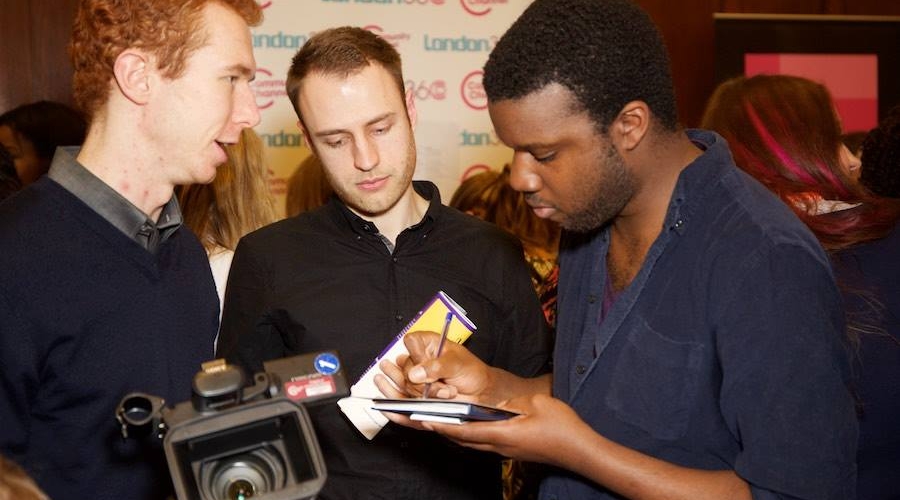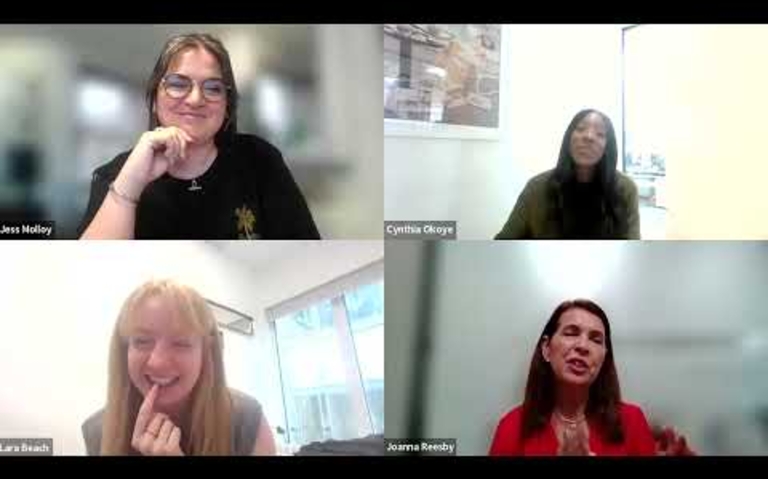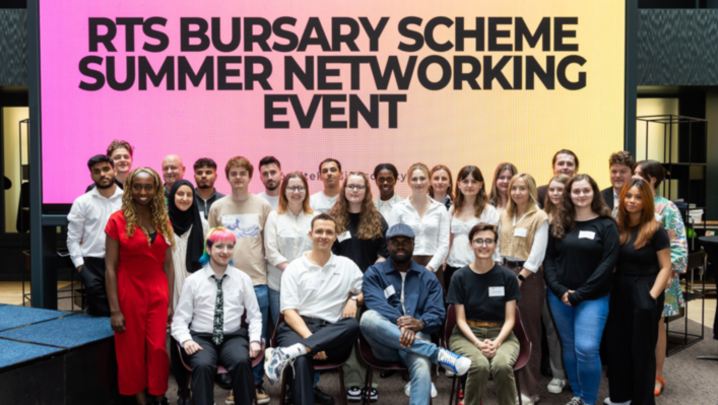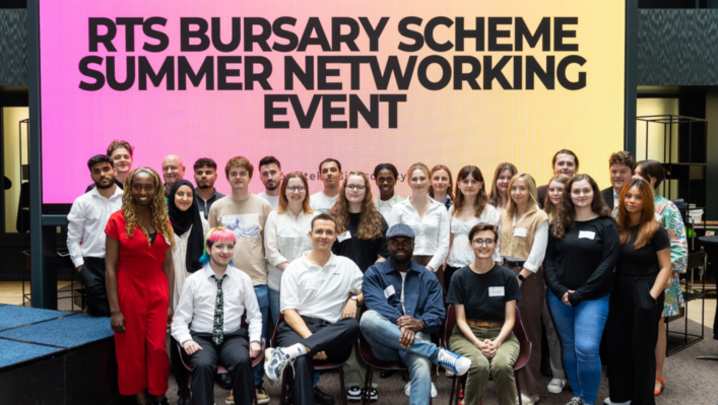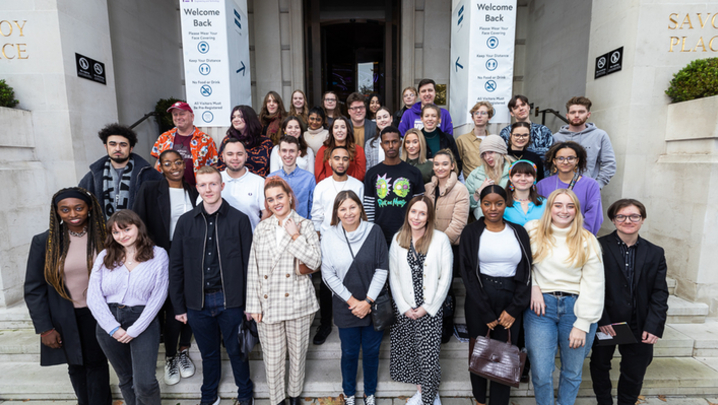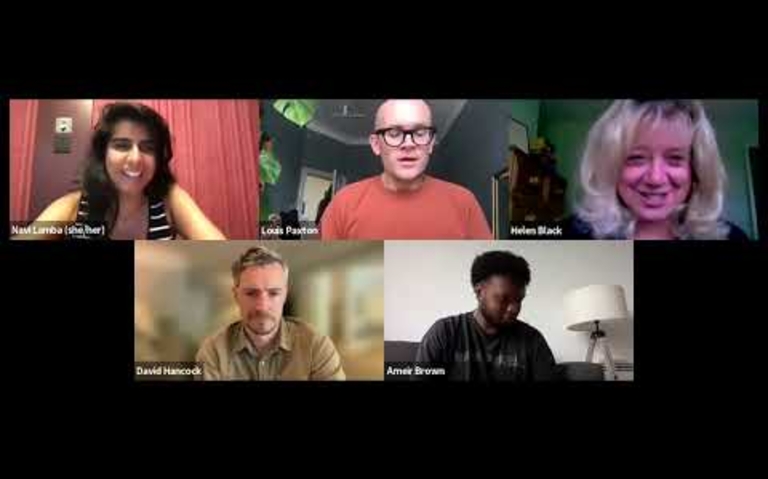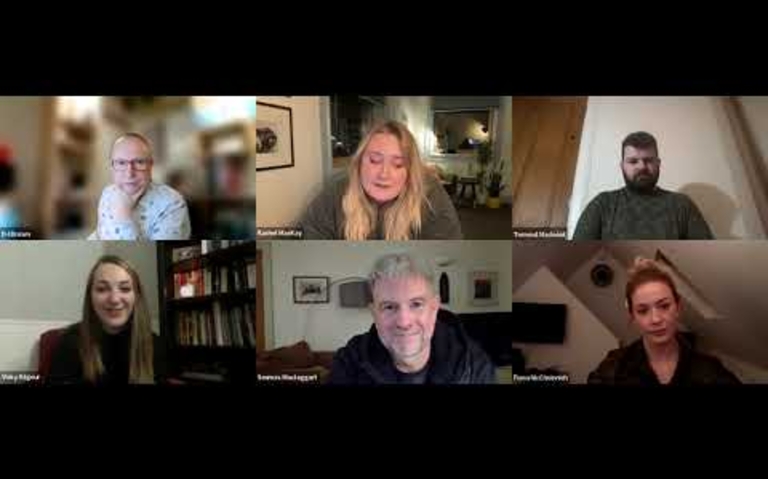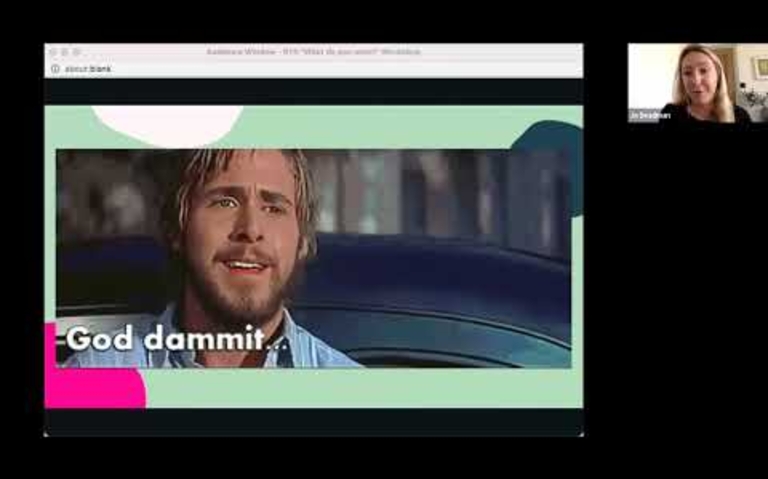Reach out – send cold letters/ emails
Sending cold letters and emails to production companies may seem daunting and unlikely to come to anything but not if you do it right. Think hard about what it is you want to do, what aspects of television you’re truly passionate about and then find the companies that do just that.
Before you start writing, make sure you do the following:
- Do your research: Find out as much as you can about your target company, including past performance, goals and competitors so you can knowledgeably write about how you would help the operation. Watch what they’ve made and note down what you liked about it and what you think they could improve on - even better how you could improve it for them. Find out what they’re making and familiarise yourself with the types of programmes they’ll want to make – what are broadcasters looking to commission?
- Find a name: Since you are writing an unsolicited letter, it's crucial that you address a particular person. Do some research so you can get your resume in the hands of the manager most likely to be interested in hiring you.
- Find the hook – what’s your reason for contacting them? Have you read about them in the news recently? Have you just watched one of their programmes (or if it’s an individual have you just seen their work on a programme?) Start by saying what you like about their work, referencing something recent and thus why you want to work for them.
- Think of ideas and act on them: In the age of the smart phone and the internet there’s no excuse not to get out there and make a short film, conduct a journalistic interview or even write. Prove your passion and link to it in the email.
- Know Yourself: You are contacting a company that hasn't asked to be contacted. So what do you offer? Why should the company take an interest in you? What skills, abilities and credentials would be desirable to the organization?
Once you begin writing:
- Keep it brief – all cover letters should be a short as possible but especially when the company hasn’t asked to hear from you. The letter should include no more than the following:
- Introduction (with hook)
- Your strengths
- Summarise the key strengths you bring to the table. A great strategy is to include a bulleted list of achievements and qualifications that would benefit the company. Provide an overview of your main selling points and examples of how you have contributed to your current or former employers
- Close
- Ask about the possibility of an interview or even just a coffee
Get networking

- Attend events about the industry or genre that you want to break into. The RTS hosts numerous events every year covering everything from learning to self-shoot to making it on screen
- Come along and learn from the experts, more importantly engage with the experts and your peers – you never know what opportunities may come from it
- Remember that networking is a give-and-take experience. Figure out what you can offer your contact, always offer to return any favors your contacts provide, and be sure to contact them even at times when you don’t need their support
- Arrange in-person meetings with them to build stronger ties. But be mindful of your contact’s time; you might not be the only one asking for help. Ask for 10 minutes to chat, or offer to catch up over coffee or lunch
- Remember, don't just network with people who might be able to offer you a job, build links with your peers as well – they might recommend you for something later down the line
Get social
- Find out what people love watching on TV
- Twitter, Facebook and LinkedIn are a great way to engage with audiences
- Keep one eye on Twitter whilst watching programmes, see what their reaction is – if it’s negative, why? How can it be improved?
RTS Videos:
Useful websites:
-
RTS Futures – full of networking events and workshops

